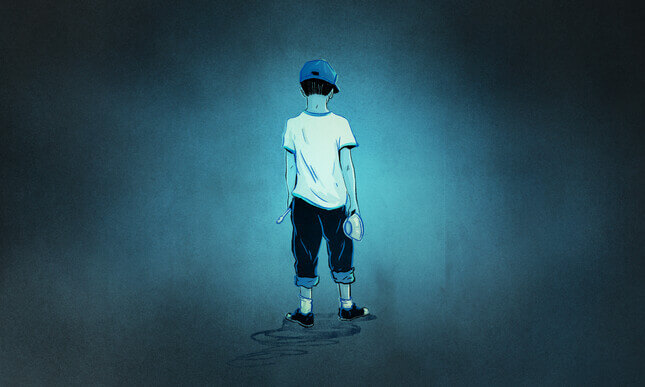We've Stopped Even Pretending to Care About Children
Latest

There’s no one like a 19th century novelist, enraged by the conditions of her world, to get you weeping and furious about a premature death—and very often, in the same book, to portray the callous, limited sphere of the privileged, snooty denizens of “Society” as Charles Dickens would write, with a capital S.
I am well-versed in the pitiful deaths of saintly children in 19th century novels—from Helen Burns in Jane Eyre to someone in almost every Dickens novel (Little Nell, Little Jo, Jenny’s baby in Bleak House). These stories are so powerful that the image of the malnourished Victorian street urchin is embedded into the culture, a symbol of a time when people really didn’t care about kids.
I haven’t tackled one of those novels this year, although it’s my annual tradition. There’s little pleasure to be found in them now, no coziness or quaintness, no satisfaction in saying, “We’ve overcome those times.”
Because we haven’t. We’re living in a neo-Dickensian moment, a society bloated by economic and social inequality. Dickens could have easily written about John McCain rising from his hospital bed to cast a vote against other cancer patients. Meanwhile Mitch McConnell and Donald Trump are our real life answers to such subtly-named Dickens characters as Mr. Choakumchild, Mr. Gradgrind, and Mr. Murdstone.
This year, my first year as a mother, my first in Trump’s America, I realized that as a culture, we’ve given up even the pretense that we give a shit about children.
Of course, a nation that routinely bombs foreign kids and was founded on human bondage doesn’t have much moral ground to stand on to begin with. Our society has always been sick. But something has shifted of late in the way we talk about kids, and that’s scary. Sandy Hook demonstrated it, as did the way we reacted to the deaths of Trayvon Martin and Tamir Rice, and now we’re seeing it again, centered around the consistent threat of the Republican healthcare plan—despite its narrow failure early Friday morning. The callousness of the last few years of political culture, the depth of racism and victim-blaming, has paved the way to a place where very few people are even assuming the mantle of “pro-child.” Any exhortation to “think about the children” (hey, even Jimmy Kimmel’s plea to help others like his son) has little political effect and may even inspire derision, or attract “truthers” who refuse to believe a mother’s story of woe.
-

-

-

-

-

-

-

-

-

-

-

-

-

-

-

-

-

-

-

-

-

-

-

-

-

-

-

-

-

-

-

-

-

-

-

-

-

-

-

-








































